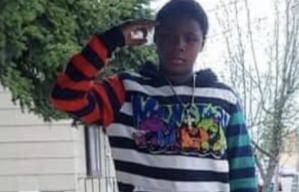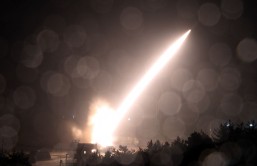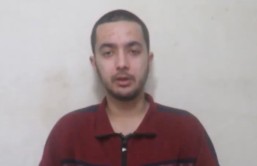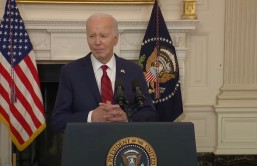The U.S. State Department removed Cuba and Malaysia from its human trafficking blacklists on Monday, prompting Democratic lawmakers and rights groups to accuse the department of politicizing its annual Trafficking in Persons report, which ranks nations based on their efforts to combat modern-day slavery.
The 2015 report places 188 nations into three tiers based on their efforts to stop human trafficking. Nations in the lowest tier, where Cuba and Malaysia were last year, face the threat of diplomatic repercussions at the discretion of the U.S. president, explained Time. Tier 1 is reserved for nations that meet minimum U.S. standards, and Tier 2 is for those that make significant efforts to meet those standards.
Critics say the timing is noteworthy, as Malaysia's upgrade removes a potential barrier to President Obama's legacy 12-nation Trans Pacific Partnership trade agreement, which is expected to be concluded this year.
Congress granted Obama expanded trade negotiating powers in June, but "fast-track" approval was prohibited for a deal that included Tier 3 countries, as Malaysia was at the time, reports Reuters.
After media reported in early July that Malaysia could be upgraded to Tier 2, 160 members of the House of Representatives and 18 senators wrote Secretary of State John Kerry asking him to keep Malaysia on Tier 3. They stressed that there was no justification for an upgrade and speculated that the plan to do so was driven by a desire to keep the nation in the TPP.
Human Rights Watch told Reuters that Malaysia's upgrade undermined the credibility of the report. "Malaysia's record on stopping trafficking in persons is far from sufficient to justify this upgrade," the group said. "This upgrade is more about the TPP and U.S. trade politics than anything Malaysia did to combat human trafficking."
Cuba's upgrade comes one week after the U.S. and the communist island nation formally restored diplomatic relations and reopened embassies in each other's capitals, reports The Associated Press.
"Upgrades for Malaysia and Cuba are a clear politicization of the report, and a stamp of approval for countries who have failed to take the basic actions to merit this upgrade," Democratic Sen. Robert Menendez said in a statement, adding that the administration has "elevated politics over the most basic principles of human rights."
Democratic Rep. Lloyd Dogget said that "bending the standards to reward a country that accepts trade in women, children, and forced laborers is wrong."
Undersecretary of State Sarah Sewall said the timing had nothing to do with politics, citing a strengthening of Malaysia's anti-trafficking laws and an increase in trafficking investigations and prosecutions compared to the previous year, although, as AP notes, convictions decreased.
As for Cuba, Sewall said there has been progress in addressing sex trafficking, but she voiced concern that the nation's government has failed to acknowledge the problem of forced labor.
Other nations upgrade from Tier 3 were Uzbekistan, the Democratic Republic of Congo, Papua New Guinea and Saudi Arabia.
Those downgraded to Tier 3 were Belarus, Belize, Burundi, Comoros, the Marshall Islands and South Sudan. Iran, Libya, North Korea, Russia, Syria and Zimbabwe are also included among the 23 blacklisted nations.








